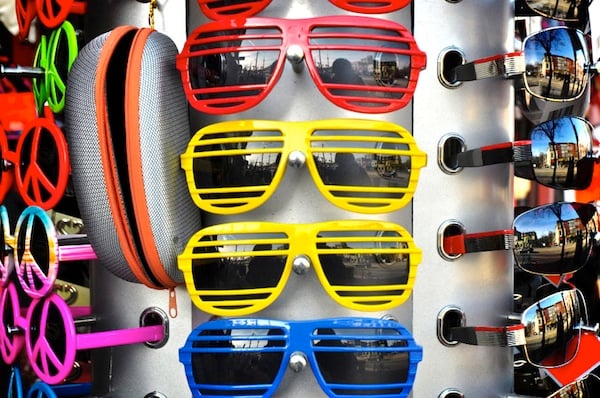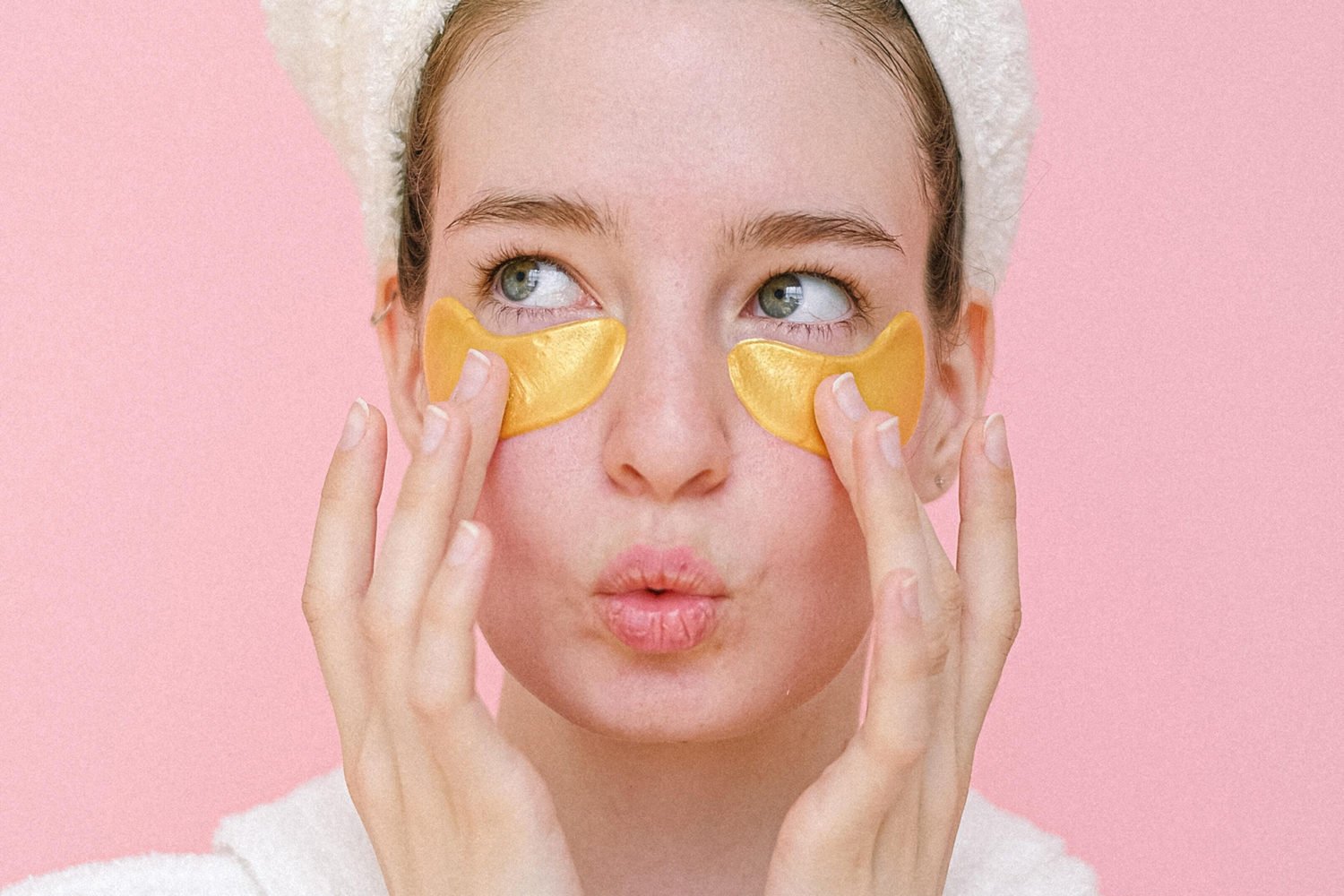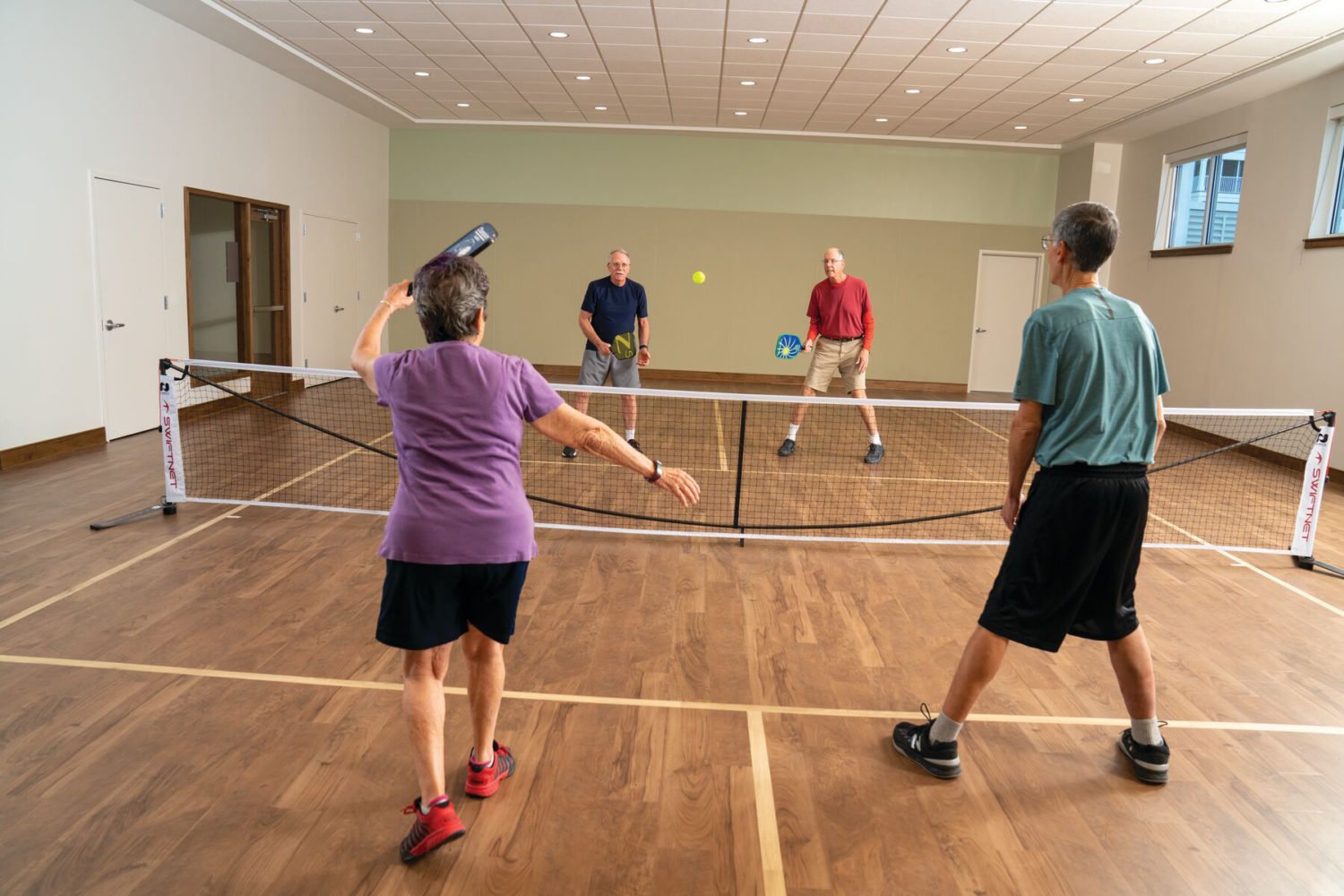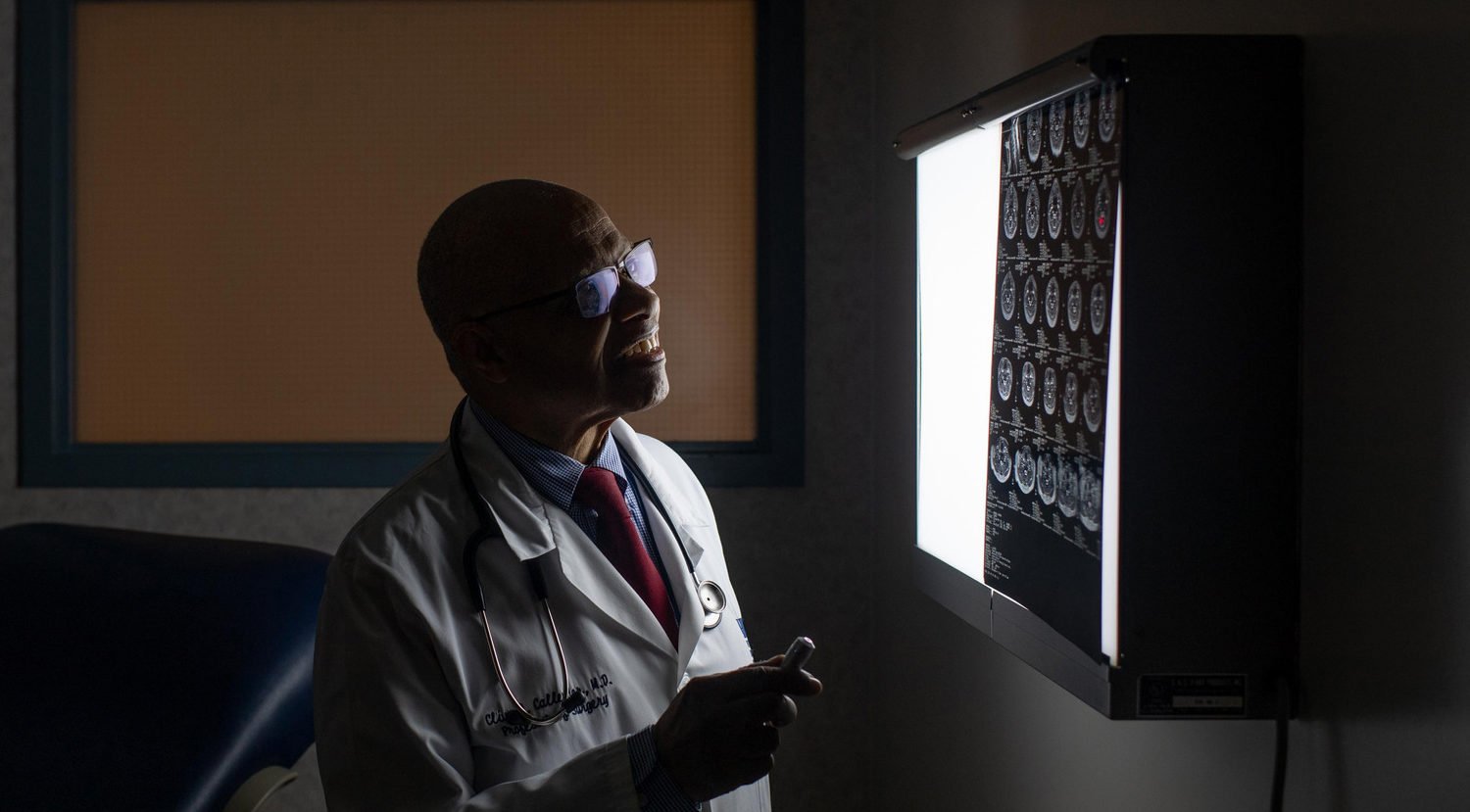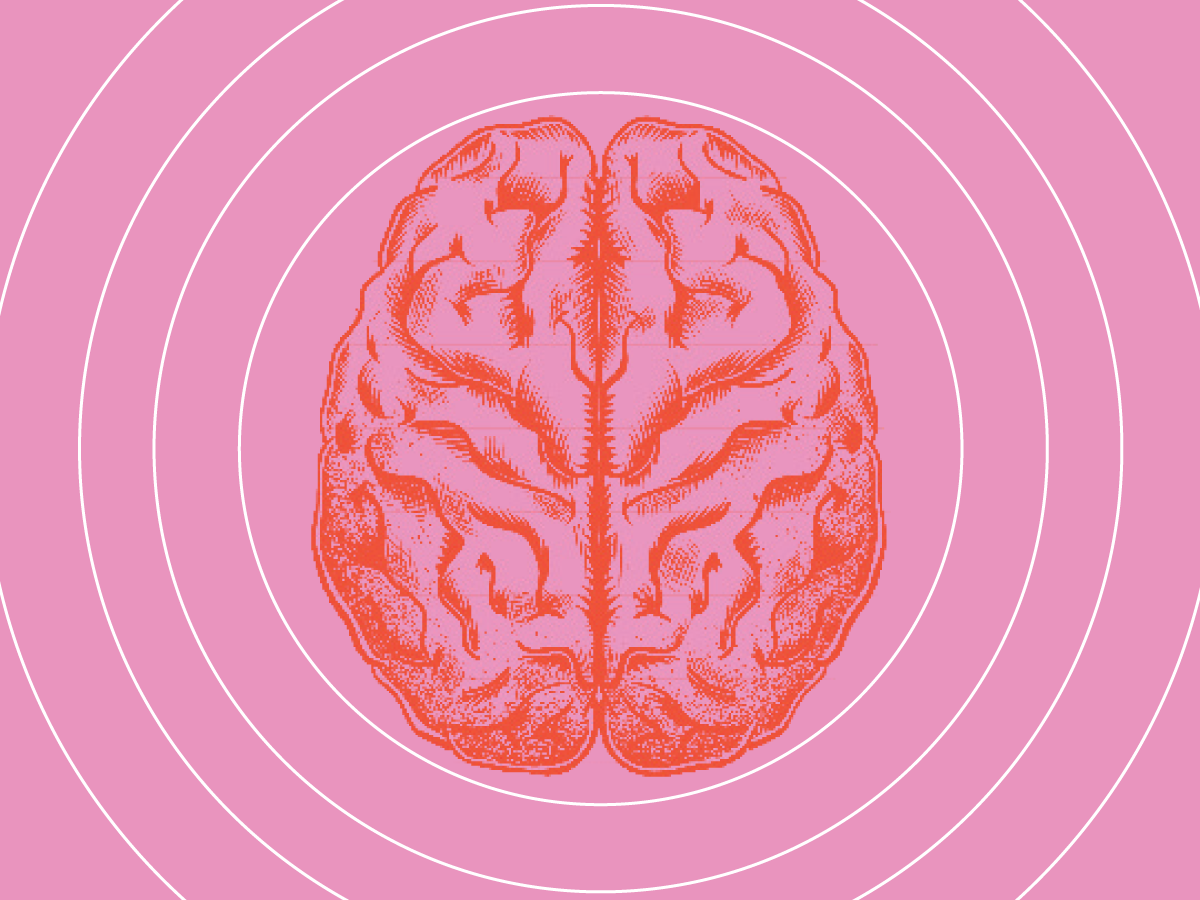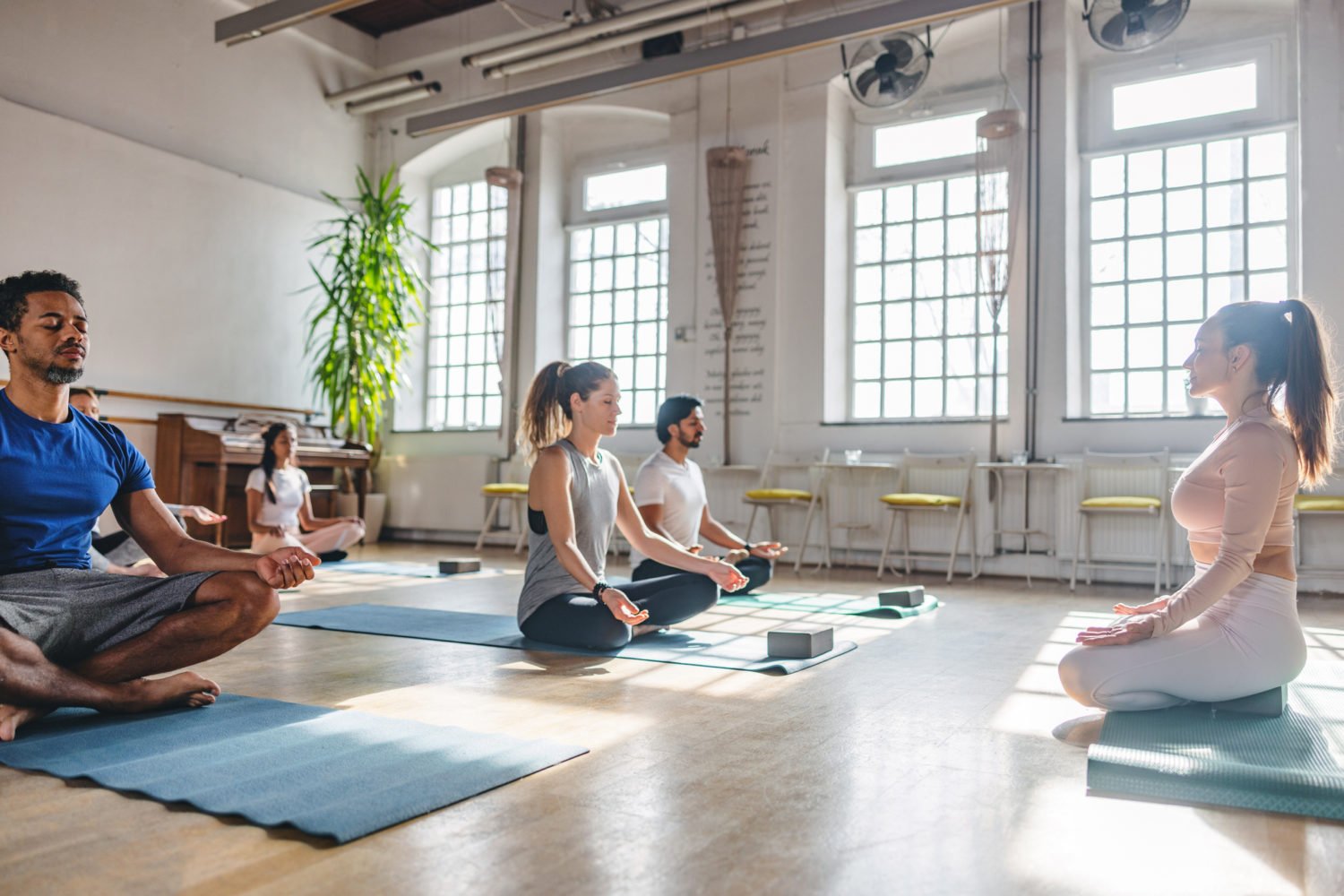Summer means more time spent outdoors and more exposure to the sun’s scorching rays. While most people are pros at lathering on the SPF, proper eye care can often fall to the wayside. Ultraviolet rays are just as likely to damage your baby blues (and browns, greens, and hazels) as your skin. But with a few preventive measures, you can drastically reduce the risk of long-term eye damage.
To get the lowdown on good eye care, we spoke with Jacqueline Griffiths, an ophthalmologist at New View Eye Center in Reston and one of the most experienced laser-vision correction surgeons in the country.
What happens when the sun damages your eyes?
A lot of people take their eyes for granted, and too much sun exposure can be quite dangerous. Short-term effects include something called photokeratitis, which feels like a sand or grit in the eye and can be quite painful. It happens when the eyes are exposed to direct sunlight for long periods, kind of like a sunburn on the cornea. It typically gets better on its own with some lubrication, like eye drops. You should never look directly at the sun—that can cause retinal damage. It’s the long-term effects, the cumulative exposure to UV light, that causes more of the harmful diseases to the eye.
Such as?
Cataracts, macular degeneration, and pterygia and their cousin pingueculae. Ptyergia and pingueculae are growths on top of the eye that grow into the cornea. We see them often in people who work outdoors or live in Southern states; they’re directly due to UV light.
Who is most susceptible to eye damage? Is the idea that it has to do with skin type a myth?
Anybody can get damage from the sun from not wearing glasses, no matter your skin tone. People who have light eyes—blues, greens, grays—are more susceptible because the color of your eyes is determined by the amount of pigment in your iris: The more pigment, the darker your eyes and the more protection you have from UV light. That means you have more rays coming in if your eyes are lighter, and typically people with lighter eyes have lighter skin. It’s not always the case, as you know, but it’s typical.
Are young kids more prone to eye damage than adults?
A lot of times you’ll see parents lathering on the sunscreen, but their kids are running around without sunglasses. Many of us will have 80 percent of our UV exposure by the time we’re 18 because of all that exposure as children.
Basic preventive measures include wearing a hat and sunglasses while outside, but what type of shades do we need?
You need to wear ones that block 98 to 99 percent of both UVA and UVB rays. They’re the most harmful rays to the eyes. The ozone layer protects offers some protection, but it’s thinning and that’s a problem. UVA is not absorbed by the ozone layer, and UVB is only partially absorbed. Both of those can penetrate into the skin and the eyes and cause these problems.
How about polarized glasses?
They give you the protection you need because they typically don’t just come with polarization—they come with complete UV protection, too. They also neutralize the horizontal lines from glare that people sometimes perceive. During the early morning and dusk, you can get glare from the light. Polarized glasses neutralize the glare thanks to tiny vertical lines on the lenses that are invisible to you.
How can you soothe sunburn around the eye?
As long as you keep it out of your eyes, you can use some aloe vera, but cool tea bags work very well on minor burns. They take the pain away until the burn heals on its own.
How often should people get their eyes checked?
If you’ve never had an eye exam, the American Academy of Ophthalmology recommends having your first at age 40. I generally recommend that the children have their eyes checked when they first start school. If you have family history of any kind of eye disease, perhaps you want to come in earlier. After the initial visit, it’s typically every year or two but really depends on the patient. If the patient has a condition—say, glaucoma—we would see that patient three times a year, maybe more. It’s really dependent on diagnosis.
Whom should you see, an optometrist or an ophthalmologist?
Most of the issues we’ve discussed are disease processes—they’re medical in nature and are typically handled by an ophthalmologist. We’re called “eye MDs” because we go to medical school like every other doctor. We’re licensed to practice medicine and can perform eye surgery, diagnose and treat diseases, and prescribe and fit glasses and contacts. We also have to pass rigorous exams by the American Board of Ophthalmology. Optometrists do not attend medical school; they’re licensed to practice optometry. They can determine the need for glasses and lenses and prescribe them. They can also screen for abnormalities and diseases of the eye. In some states, they can prescribe drugs.
If someone starts to experience symptoms from sun damage, even if they have already seen their ophthalmologist that year, should they go back?
Yes. Anytime you have problems, there should be no hesitation to come see an ophthalmologist, especially if you wear contact lenses. The minute you have any kind of irritation or redness, don’t put off seeing an ophthalmologist. Contact lenses are notorious for causing eye infections and corneal ulcers that, if left untreated, could lead to blindness.
If sun damage to the eye has already occurred, can you stop the deterioration?
For the long-term problems that result from sun damage—cataracts, pterygia, pingueculae, macular degeneration—there is no way to reverse what’s already happened. If we know what happened and you’re under the care of an ophthalmologist who is monitoring your conditions, you should least start wearing proper sunglasses to try to prevent or slow progression. But whatever’s happened has already happened—no going back.
Subscribe to Washingtonian
Follow Well+Being on Twitter
More >> Health | Top Doctors | Well+Being Blog

